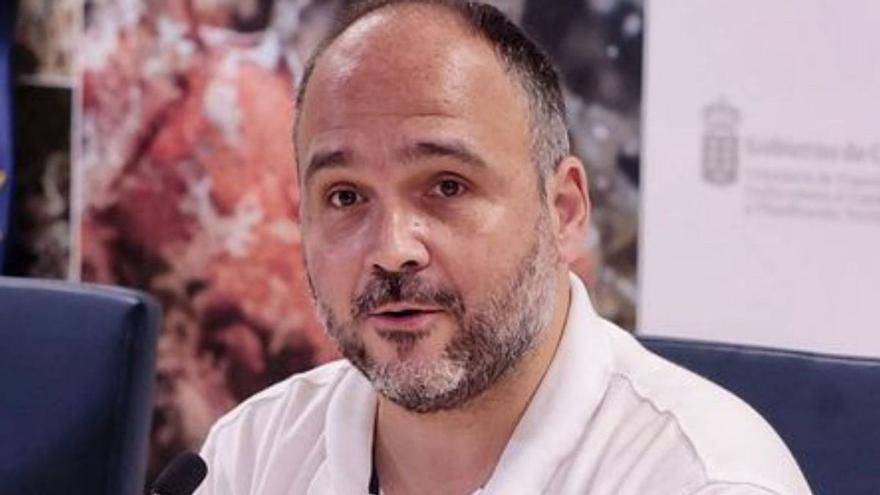
The Ministry of Ecological Transition and Fight against Climate Change of the Canary Islands Government has decided extend the period for public exposure of the draft of the Master Plan for Use and Management (PRUG) of the Teide National Park until next September 15. Since the initial announcement of this new process, on May 23, it is the fourth date defined as final. From July 5 through the 22 and 26 of the same month to now. This fact demonstrates the response to the document by individuals and groups despite the intention of the autonomous entity that it have “the maximum possible consensus.”
The draft defines, among other things, three points, planned in Chío, Vilaflor and El Portillo, where service areas will be located that will be the base of some shuttle buses of obligatory use to visit the National Park after leaving the car parked there. This forecast has caused a great controversy. It will be possible to travel by private vehicle through the protected natural space through the three dorsal roads that cross it. They are not going to be closed because they allow the passage from one side of the Island to another. The intention of the restrictive measure is to put an end to the crowds that occur on the sides of the roads when there is snowfall.
The document currently in public information also restricts the practice of mountain sports, hiking or climbing as well as the possibility of audiovisual filming. This has also contributed to increasing controversy regarding the design of the draft plan.
Anyone can participate
The counselor Ecological Transition, Fight against Climate Change and Territorial Planning of the Government of the Canary Islands, Jose Antonio Valbuenaemphasizes that the objective of this extension is that any Canarian person, entity or administration that so wishes can make their contributions to enrich this base document, “which is only a starting point and will be far from the final version that is approved “, it states.
Valbuena laments “the electoral interests of some political parties that have poured and continue to pour lies about this document.” He points out statements such as “there will be a charge for access or that macro constructions will be enabled within the limits of the Park, two aspects that are strictly prohibited.” Valbuena adds: «The clarifications were already made by this councilor in the Parliament of the Canary Islands, where he defined what is reflected and what is not in the PRUG draft, but some mayors such as that of La Orotava insist on wanting to create confusion among the population of Tenerife to basis of lies.
Not before but now yes
The counselor reminds in 2020 the document was sent to town halls, such as the one mentioned in La Orotava or Los Realejos, so that they could make their contribution, but “then they did not want to make any allegation”. He adds: “Just a few months ago, the City Council of La Orotava voted in favor of this draft of the PRUG in the Canary Islands National Parks Commission, where all the consistories that have part of one in their territory are represented.”
The regional manager emphasizes that this process is not going to be restarted or paralyzed and that the procedure “is not a whim but a national obligation that the Canary Islands have to fulfill to adapt this management tool to current needs.”
Valbuena reports that his department has already held meetings with groups to reach agreements on the Plan and analyze the allegations presented in the current public exhibition. These work meetings will continue over the coming months, even when this period of allegations ends.
multiple answers
On May 23, the Ministry made available to the public the information referring to the provisional approval of the Master Plan for the Use and Management of the Teide National Park. From then on, interested persons and entities were able to consult the document for a period of 30 days, as well as make observations and suggestions. The responses and rejections of certain measures came from almost all areas of society, with special emphasis on what was understood as “an excess of prohibitions”.
Ecological Transition has always defended that “the Plan will contribute to the conservation of biodiversity and the natural landscape of the Teide National Park, in addition to promoting research and cooperation between the different administrations involved”.















